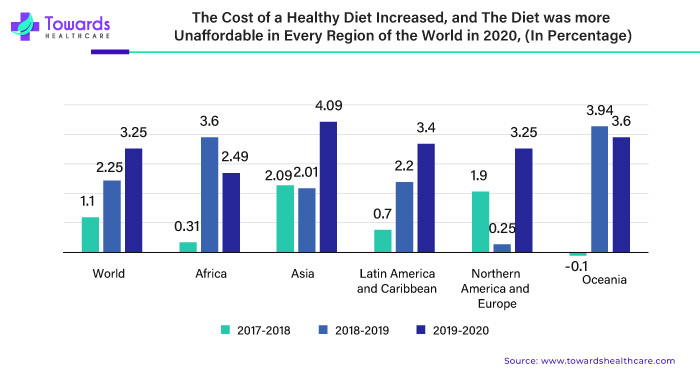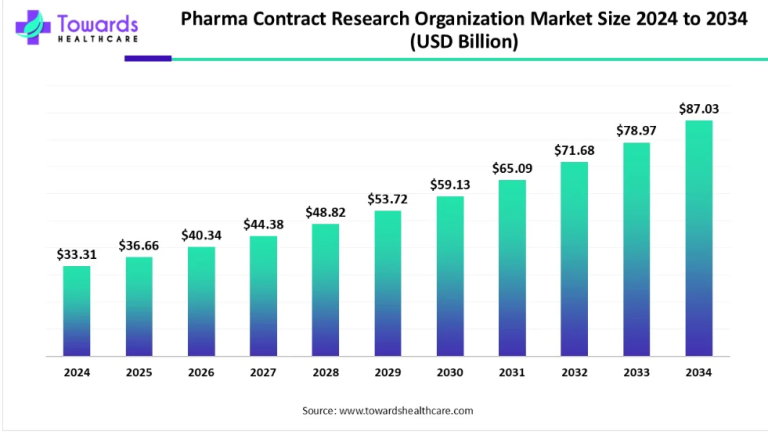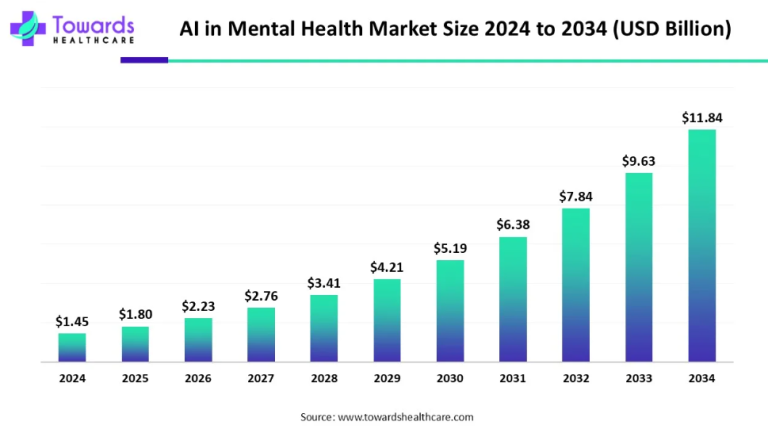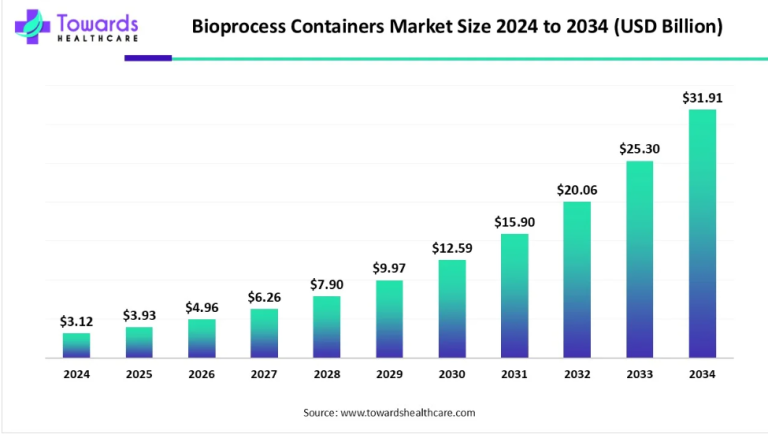
In the quest for a healthier lifestyle and weight management, many individuals encounter a common roadblock: the steep cost of low-calorie diets. This challenge disproportionately affects those from medium- and low-income families, highlighting a significant barrier to achieving nutritional goals.
Understanding the Economics: Why Low-Calorie Foods Come at a Premium
Low-calorie foods and beverages undergo meticulous processing to reduce their calorie content while retaining essential nutrients. This additional processing inevitably drives up production costs, making these products less accessible to budget-conscious consumers. Moreover, the enrichment of these items with vitamins and minerals further escalates their price, creating a financial hurdle for many.
The Pursuit of Affordable Alternatives: Exploring Non-Conventional Approaches
Faced with the financial strain of conventional low-calorie diets, individuals often turn to alternative therapies for weight management. Acupressure therapy, acupuncture therapy, and Ayurvedic treatments are among the popular choices due to their perceived effectiveness and lower cost compared to specialized diet foods and fitness programs. These holistic approaches offer promise in addressing weight loss without breaking the bank.
Evaluating the Efficacy: The Promise and Limitations of Alternative Therapies
While alternative therapies present a beacon of hope for budget-conscious individuals, it’s crucial to assess their efficacy and sustainability. While they may yield short-term benefits, their long-term viability for weight management warrants careful consideration. Moreover, the variability in results among individuals underscores the need for a comprehensive approach that encompasses dietary modifications, exercise, and lifestyle changes.
For any queries, feel free to reach us @ https://www.towardshealthcare.com/personalized-scope/5129
Global Trends: The Growing Unaffordability of Healthy Diets
The year 2020 witnessed a concerning trend: the escalating cost of maintaining a healthy diet across all regions of the world. This phenomenon further exacerbates the financial strain on individuals seeking to adopt nutritious eating habits, perpetuating disparities in access to dietary resources. As we navigate these challenges, it becomes imperative to explore strategies that prioritize both health and financial well-being.
Bridging the Gap: Towards Sustainable Solutions
Addressing the affordability gap in low-calorie diets necessitates a multifaceted approach that balances cost considerations with nutritional needs. Community-based initiatives, policy interventions, and innovative partnerships can play pivotal roles in making healthy eating more accessible to all socio-economic groups. By fostering collaboration and innovation, we can pave the way for a future where nutritious foods are within reach for everyone.
The intersection of affordability and nutrition presents a complex puzzle with far-reaching implications for public health. While the cost of low-calorie diets may pose a formidable challenge, it’s essential to explore alternative pathways to wellness that prioritize accessibility and sustainability. By fostering awareness, advocating for change, and embracing innovative solutions, we can empower individuals from all walks of life to make informed choices and embark on a journey towards healthier living.
Unlock Infinite Advantages: Subscribe to Annual Membership
To instantly buy our premium research, click here @ https://www.towardshealthcare.com/price/5129
Read More About Weight Management Market:



